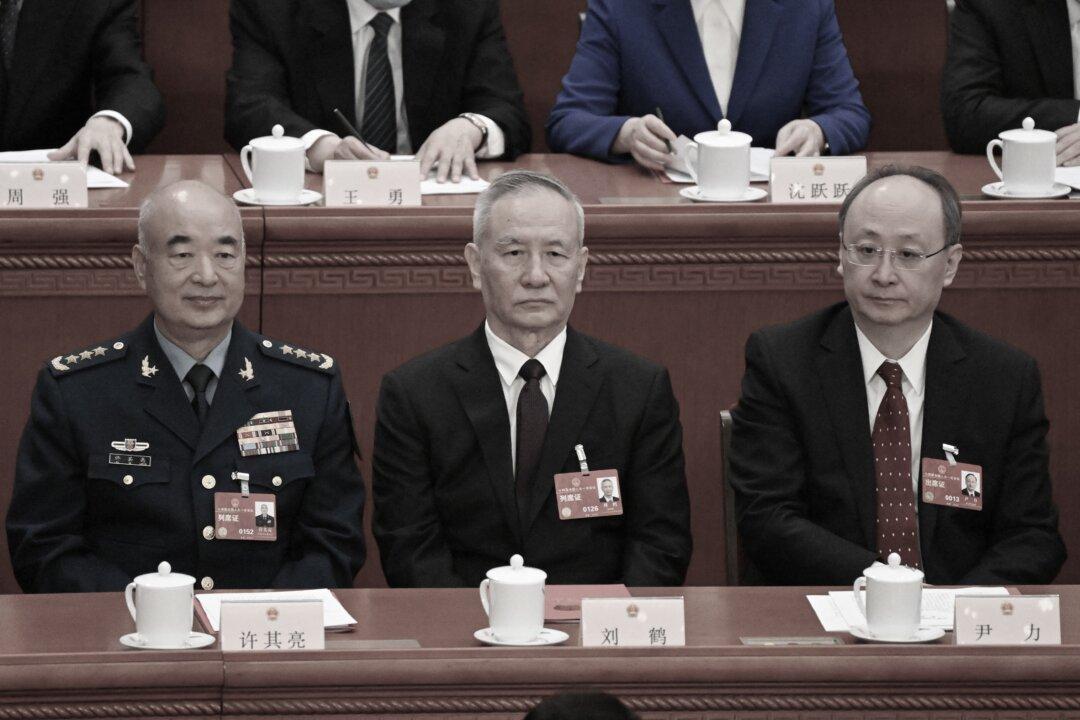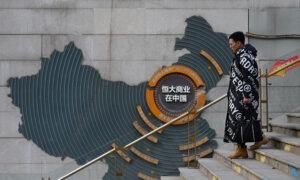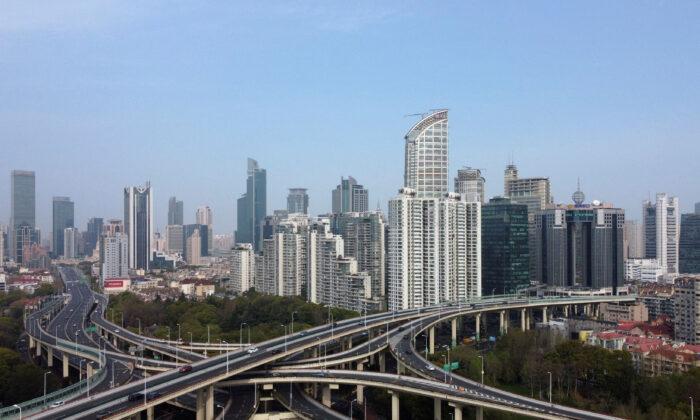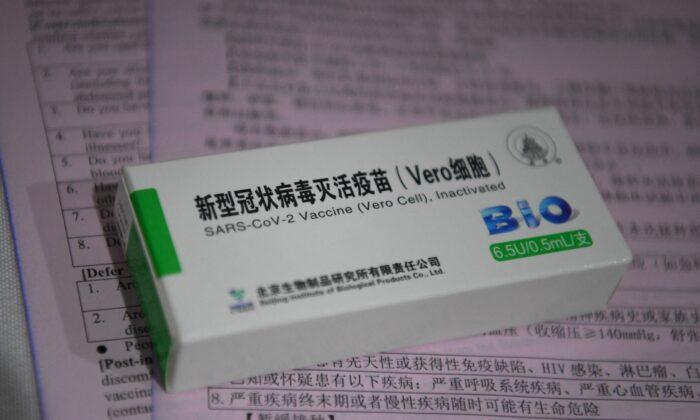Beijing’s deputy mayor is under investigation after being office for just one year. Party officials in the city were quick to reiterate their unwavering support for the Chinese Communist Party (CCP) and its handling of the case, leading analysts to speculate that Gao Peng’s fall may be more than simply a matter of corruption.
Mr. Gao, 51, was promoted to the position of deputy mayor of Beijing last January, becoming the youngest vice-mayor in China’s municipal leadership. He was the first vice-ministerial official to fall from office in Beijing since the 20th Party Congress. His personal information has been removed from the Beijing government’s official website.
Wang Juntao, U.S.-based Chinese dissident and chairman of the China Democracy Party, told The Epoch Times that the wording of the official release suggests that Mr. Gao’s case may be a political one, as “violation of discipline” is placed before ”violation of law” in specifying the charges.
CCP “discipline” supersedes the law, according to Mr. Wang. The party usually divides investigation cases against officials into two categories: violations of the law and breaches of discipline, corresponding to corruption cases and political issues, respectively, he said.
The Black Sedan Incident
U.S.-based political affairs analyst Chen Pokong surmised that Mr. Gao’s fall from grace may be related to an incident in which a black sedan apparently attempted to break into the Xinhua gate of Zhongnanhai, the leadership compound of the CCP, during the Party’s two sessions in March.The Epoch Times could not independently verify the authenticity of the video.
Mr. Gao was in charge of urban management, transportation, and the management of important areas in the city like Tiananmen Square, as well as helping to run the city’s emergency management bureau, according to information available on the official website of the Beijing municipal government until March.
“For the CCP leadership, the sedan’s storming of Zhongnanhai is a major political event,” Mr. Chen said. He believes that in the ensuing accountability process, Mr. Gao was possibly made a scapegoat because he was one of the heads who oversaw the Tiananmen area that covers Zhongnanhai.
Mr. Chen said it also cannot be ruled out that Mr. Gao may have been involved in the sedan incident in some manner.
As for other possibilities, Mr. Wang pointed out that an official like the deputy mayor, who has held the high ranking position for just over a year, may be implicated in a political investigation case involving another official. Or, it could be that Mr. Gao himself made some remarks or did something to offend CCP authorities, leading to unwanted scrutiny from Xi Jinping.

There may be yet another interpretation, according to Li Yuanhua, a former professor at Beijing’s Capital Normal University. Mr. Li told The Epoch Times that Mr. Gao’s case is not necessarily a political one.
“The Beijing party chief’s showcase of loyalty to Xi Jinping in the Gao Peng case would probably be a kind of stressful reaction to the so-called ‘guilt-by-association system’ in the communist officialdom,” he said.
“When an official gets into trouble, others around him will fear being implicated. To avoid this, they will quickly take a stand and disassociate themselves from the person in question,” Mr. Li said.
According to publicly available information, Mr. Gao is a native of Fengcheng, in China’s Liaoning Province. He has a doctorate in economics. His career in Beijing has spanned both private and public sectors. He has served as vice mayor of Fengtai District, deputy director of the Beijing Municipal Development and Reform Commission, and deputy secretary of the district party committee.






